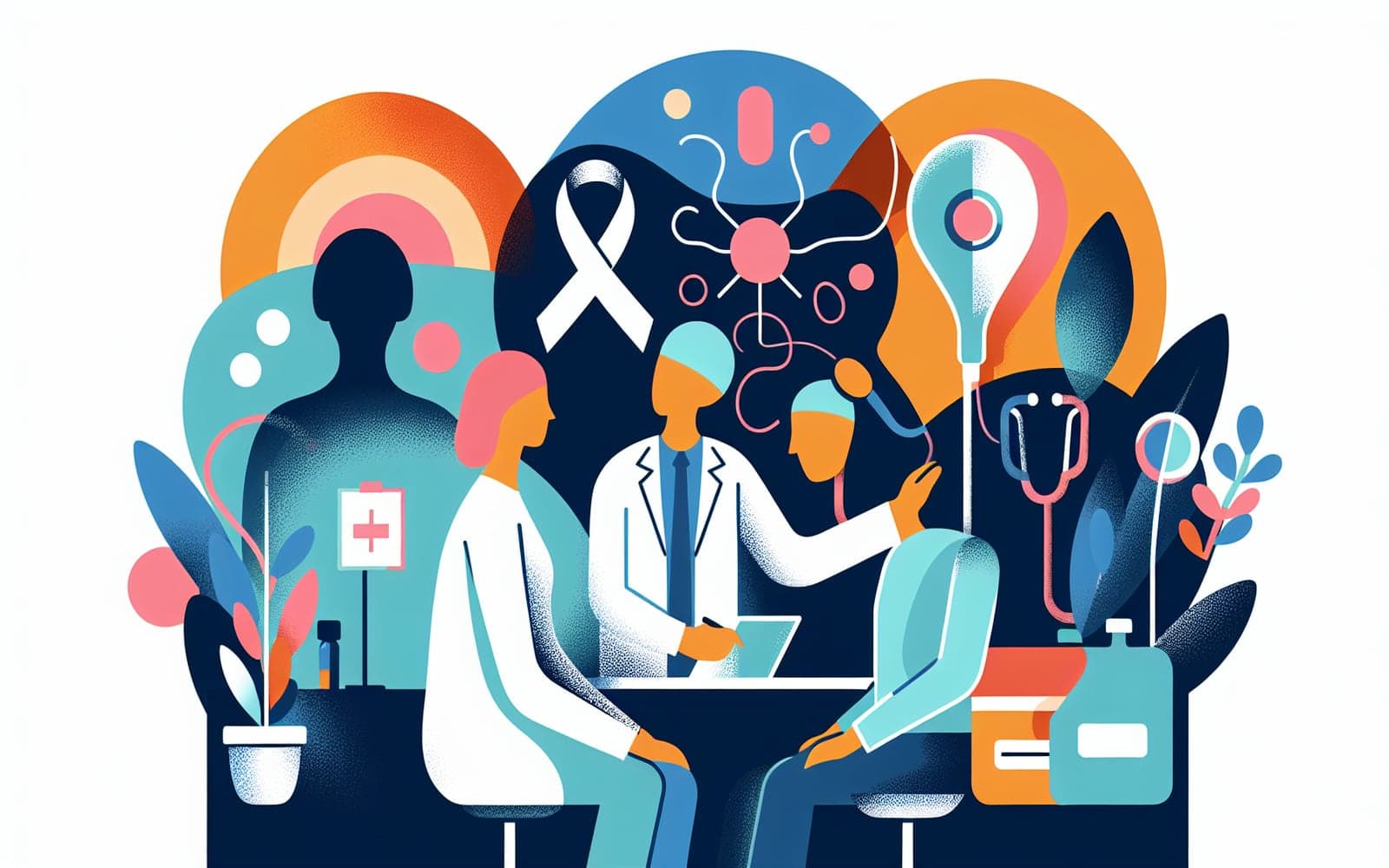How is Non-Hodgkin Lymphoma Diagnosed?
Published: May 10, 2024
Diagnosing non-Hodgkin lymphoma involves a series of tests to accurately identify the type and stage. Knowing the diagnosis process can help demystify what to expect.
Contents
Initial Steps in Diagnosis
The first step in diagnosing NHL is a thorough physical examination and medical history review. Doctors will check for swollen lymph nodes and ask about symptoms like fever or weight loss. Initial blood tests, such as a complete blood count (CBC), can provide clues about the presence of NHL.
The Role of Biopsy
A biopsy is crucial for diagnosing NHL. During a biopsy, a sample of tissue, usually from a lymph node, is removed and examined under a microscope. This helps determine the specific type of NHL, which is essential for planning treatment. In some cases, other tissues may be biopsied if lymph nodes are not accessible.

Advanced Imaging Techniques
Imaging tests like CT or PET scans are often used to detect NHL and guide biopsies. These scans help identify which lymph nodes or organs are affected, providing a clearer picture of the disease's spread. Imaging is also valuable in assessing the response to treatment.
Frequently Asked Questions
A CBC test checks for abnormalities in blood cells that may indicate NHL.
A biopsy confirms the presence and type of NHL for accurate diagnosis.
Yes, CT and PET scans can help detect and assess NHL.
Biopsies are typically done with local anesthesia to minimize discomfort.
Key Takeaways
Understanding the diagnostic process for NHL can ease anxiety and prepare you for what lies ahead.
Need more on NHL testing? Ask Doctronic for expert advice.Related Articles
References
Laurent C, Baron M, Amara N. J Clin Oncol 2017; 35:2008.
Hehn ST, Grogan TM, Miller TP. J Clin Oncol 2004; 22:3046.
Always discuss health information with your healthcare provider.

